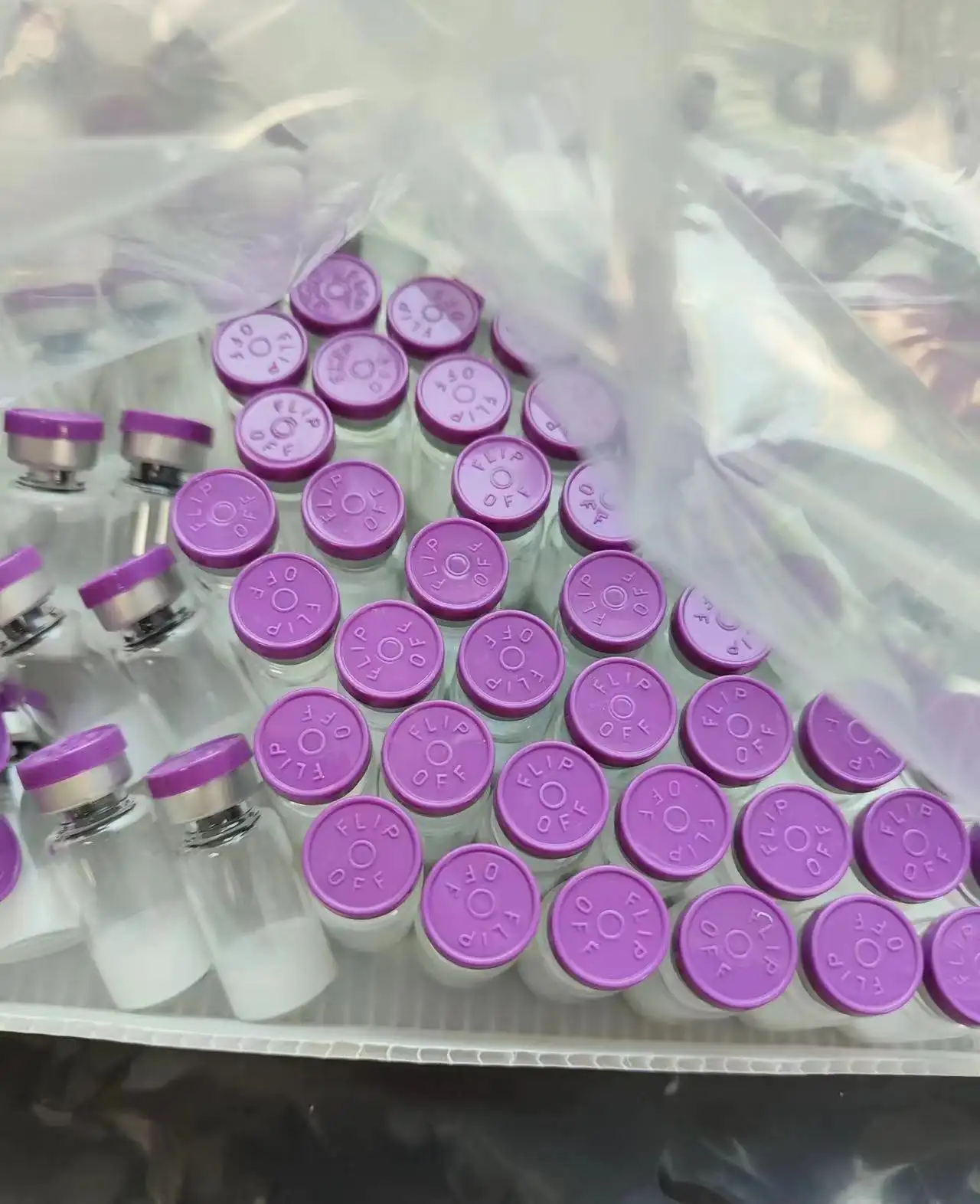-
Categories
-
Pharmaceutical Intermediates
-
Active Pharmaceutical Ingredients
-
Food Additives
- Industrial Coatings
- Agrochemicals
- Dyes and Pigments
- Surfactant
- Flavors and Fragrances
- Chemical Reagents
- Catalyst and Auxiliary
- Natural Products
- Inorganic Chemistry
-
Organic Chemistry
-
Biochemical Engineering
- Analytical Chemistry
- Cosmetic Ingredient
-
Pharmaceutical Intermediates
Promotion
ECHEMI Mall
Wholesale
Weekly Price
Exhibition
News
-
Trade Service
iNature
Rheumatoid arthritis (RA) manifests as synovial hyperplasia, synovial inflammation, synovial formation, cartilage and joint destruction, with an estimated global prevalence of about 1% The gut microbiota is more than just a bystander, as it is a major player in
human homeostasis.
There is growing evidence that dysbacteriosis of the gut is strongly
associated with rheumatoid arthritis.
On January 5, 2023, Zhou Wei's research group and Li Jing's research group of China Pharmaceutical University, together with Shan Jinjun research group and Li Yongming's research group of Nanjing University of Chinese Medicine, published an online report entitled "Gut commensal Parabacteroides distasonis alleviates inflammatory arthritis" in Gut (IF=32) magazine The study aimed to identify potential probiotic gut microbes that could improve the development of
rheumatoid arthritis.
The relative abundance of the enteric commensal bacterium P.
disasonis in stool samples from RA patients was found to be down-regulated
.
P.
distasonis inhibits Th17/treg-associated inflammation
in arthritic mice.
Finally, the study found that the natural product Ginsenoside Rg2 promoted P.
The growth of disasonis, accompanied by an improvement
in RA.
In conclusion, this study shows the regulation of intestinal P.
Disasonis is a promising pathway
for treating rheumatoid arthritis.
A better understanding of gut microbial dysfunction could provide insights
into advanced treatment strategies for rheumatoid arthritis.
In this study, the researchers studied the microbiota profiles
of RA patients and healthy individuals through 16S rDNA bacterial gene sequencing and shotgun metagenomics.
Studies have shown that the relative abundance of Parabacteroides dielderii in patients with new-onset RA and those with a history of RA is down-regulated and inversely correlated
with the Disease Activity Score-28 (DAS28).
Further collagen-induced arthritis mice and TNF-α transgenic mice were used to evaluate the role
of Parabacteroides dielderi in intestinal symbiosis in RA.
The researchers treated arthritic mice orally with live intestinal commensal bacteria P.
distasonis (LPD) to significantly improve the pathogenesis
of RA 。 LPD-derived lithocholic acid (LCA), deoxycholic acid (DCA), isolithocholic acid (isoLCA) and 3-oxolicholic acid (3-oxoLCA) have similar synergistic effects
on the treatment of RA 。 In addition to directly inhibiting differentiation of Th17 cells, 3-oxoLCA and isoLCA were identified as TGR5 agonists that promote M2 polarization
of macrophages.
In addition, the researchers investigated the effects
of Aspergillus-derived microbial metabolites on CD4+ T cell differentiation and macrophage polarization.
A specific inhibitor of synthetic biliary hydrolase was found to attenuate the anti-arthritic effects
of LPD by reducing the production of these four bile acids.
The natural product Ginsenoside Rg2 exhibits anti-RA effects, the mechanism of
which is achieved by promoting the growth of Isoaspergillus.
Mechanism of study (Image from Gut) Overall, the relative abundance of the enteric commensal bacterium P.
disasonis in stool samples from RA patients was found to be down-regulated
.
P.
distasonis inhibits Th17/treg-associated inflammation
in arthritic mice.
The natural product Ginsenoside Rg2 promotes P.
The growth of disasonis, accompanied by an improvement
in RA.
Thus, regulation of intraenteral P.
Disasonis is a promising pathway
for treating rheumatoid arthritis.
Original link: http://dx.
doi.
org/10.
1136/gutjnl-2022-327756
—END—
The content is [iNature]







